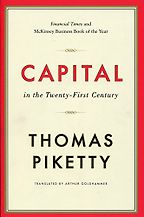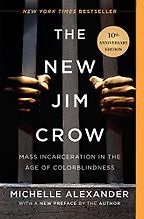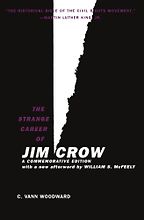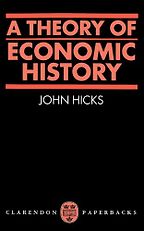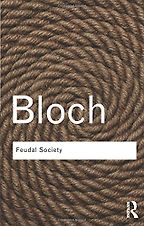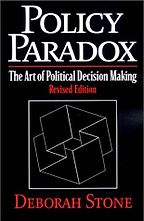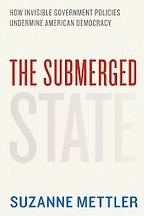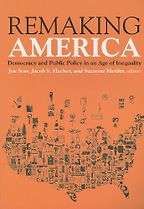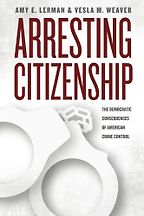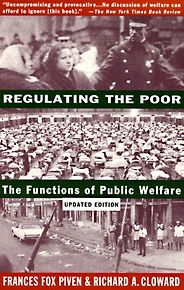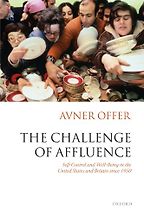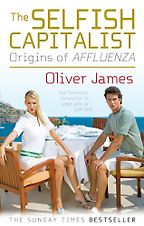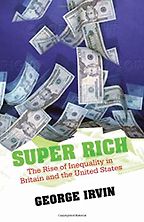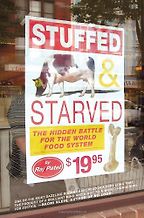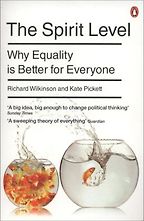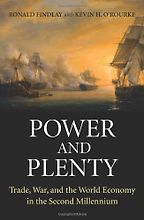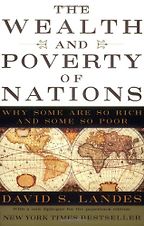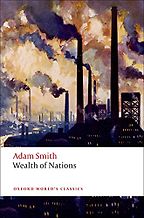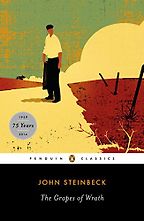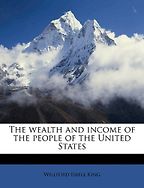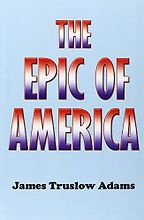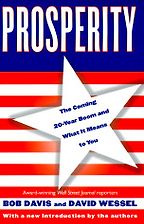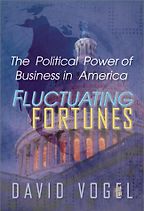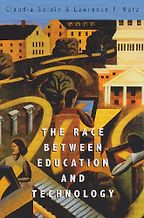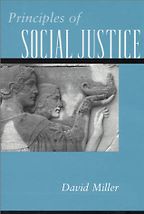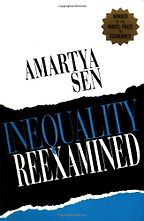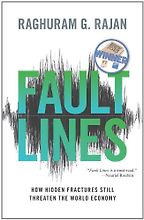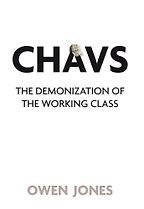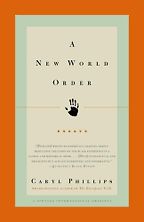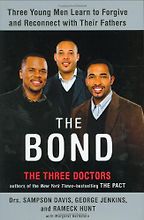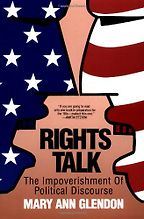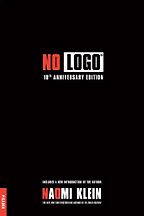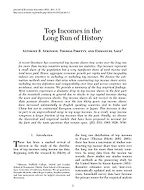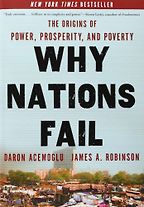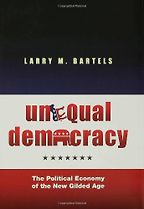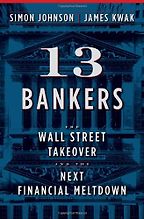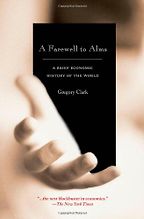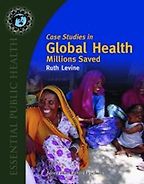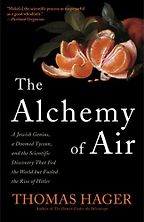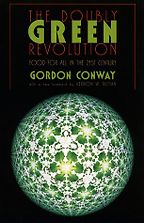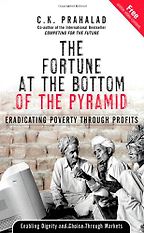Wealth & Poverty
Last updated: October 20, 2024
Here you can find a wide variety of interviews recommending books on wealth and poverty—largely (but not exclusively) focused on contemporary policy challenges. Stephen D King, chief economist at HSBC, chooses his best books on globalisation, and discusses the limits of what free trade and free markets can achieve.
Muhammad Yunus, winner of the Nobel Peace Prize and founder of the Grameen Bank, discusses the creation of a world without poverty while Jeffrey D Sachs, former special adviser to former UN secretary general Ban Ki-Moon, chooses his best books on the Millennium development goals. Richard Jolly, former assistant secretary general of the UN, talks about children and the Millennium development goals. Elsewhere on development issues, Rajiv Shah, former head of USAID, discusses breakthroughs in development, and veteran Bangladeshi feminist Khushi Kabir chooses her best books on rural women in the developing world. Jamila Michener of Cornell University chooses her best books on the politics of policy making.
We have a wide range of interviews specifically related to issues of inequality. Branko Milanovic, an economist at the World Bank, explores economic inequality between nations and people. Daron Acemoglu, professor of economics at MIT, explores inequality, how it occurs and what wealth and poverty mean for society; relatedly, journalist Timothy Noah chooses his best books on the inequality crisis. Writer and journalist Will Hutton discusses fairness and equality and British Labour MP David Lammy looks at the context of the UK riots of 2011.
Lastly, we have journalist Roger Thurow discussing books on hunger; microfinance expert Stuart Rutherford on the poor and their money; and Professor Ruth Gomberg-Munoz on America’s undocumented workers.
Peter Temin on An Economic Historian’s Favourite Books
Distinguished economic historian, Peter Temin, talks us through some of his favourite books. His own latest book, The Vanishing Middle Class, charts America’s regression towards a pre-industrial society: with many poor, a few rich, and not much in between.
-

1
Policy Paradox: The Art of Political Decision Making
by Deborah Stone -

2
Regulating the Poor: The Public Functions of Welfare
by Frances Fox Piven and Richard Cloward -

3
The Submerged State: How Invisible Government Policies Undermine American Democracy
by Suzanne Mettler -

4
Remaking America: Democracy and Public Policy in an Age of Inequality
by (ed.) Jacob Hacker, Joe Soss & Suzanne Mettler -

5
Arresting Citizenship: The Democratic Consequences Of American Crime Control
by Amy E Lerman and Vesla M Weaver
The best books on The Politics of Policymaking, recommended by Jamila Michener
The best books on The Politics of Policymaking, recommended by Jamila Michener
Inequality is coming not just from the economy; it is coming from politics and policy, says Jamila Michener, assistant professor of government at Cornell University. Here she chooses five books that showcase some of the best, most thought-provoking writing on the politics and consequences of policy.
The best books on Inequality, recommended by Danny Dorling
‘When it comes to human happiness the inequalities which matter most aren’t financial. They are in terms of health or education. When it really comes down to it, what matters most is that are you well, that you are going to live a long life, that your children are going to live a long life.’
The best books on Globalisation, recommended by Stephen D King
The Chief Economist at HSBC reflects on the hubris of the Western World and reminds us that history provides valuable lessons on financial crises and the constant changing shape of the world economy
The best books on Income Inequality, recommended by Timothy Noah
Income inequality has reached a crisis point in America, says journalist Timothy Noah, author of The Great Divergence – yet with powerful nationwide pressure to address the problem, there is also an opportunity for change.
-
1
Principles of Social Justice
by David Miller -

2
The Spirit Level: Why Greater Equality Makes Societies Stronger
by Richard Wilkinson and Kate Pickett -

3
Inequality Reexamined
by Amartya Sen -
4
Fault Lines: How Hidden Fractures Still Threaten The World Economy
by Raghuram G Rajan -

5
Chavs
by Owen Jones
The best books on Fairness and Inequality, recommended by Will Hutton
The best books on Fairness and Inequality, recommended by Will Hutton
What is the difference between fairness and equality? In contemporary capitalist societies, some inequality is inevitable and desirable. But the rewards for the few at the top have soared while the rest have been squeezed. Is this fair? We need a new social contract, says the author and columnist
The best books on Context of the UK Riots, recommended by David Lammy
We’re richer and freer as a society than we used to be but it’s now clear there are downsides too. The MP for Tottenham, where the riots began, says we’ve created a hyper-individualistic culture and explains how we must change it
The best books on America’s Undocumented Workers, recommended by Ruth Gomberg-Muñoz
The anthropologist tells us about books that give voice to low-wage migrant labourers and explains the mutual dependence of slums and “urban glamour zones”
-

1
The Race between Education and Technology
by Claudia Goldin and Lawrence F Katz -

2
Top Incomes in the Long Run of History
by Emmanuel Saez, Thomas Piketty & Tony Atkinson -

3
Why Nations Fail
by Daron Acemoglu & James Robinson -

4
Unequal Democracy
by Larry M Bartels -

5
13 Bankers
by James Kwak & Simon Johnson
The best books on Inequality, recommended by Daron Acemoglu
The best books on Inequality, recommended by Daron Acemoglu
The US, the UK and many other countries around the globe have become far less equal over the past 30 years. It’s important we understand how and why this happened, and what it means for our societies, says Daron Acemoglu, a professor of economics at MIT. He recommends the best books to get a better understanding of inequality.
The best books on Breakthroughs in Development, recommended by Rajiv Shah
The head of USAID says ending poverty is within our grasp, and explains why development and a flair for business can be a happy combination
